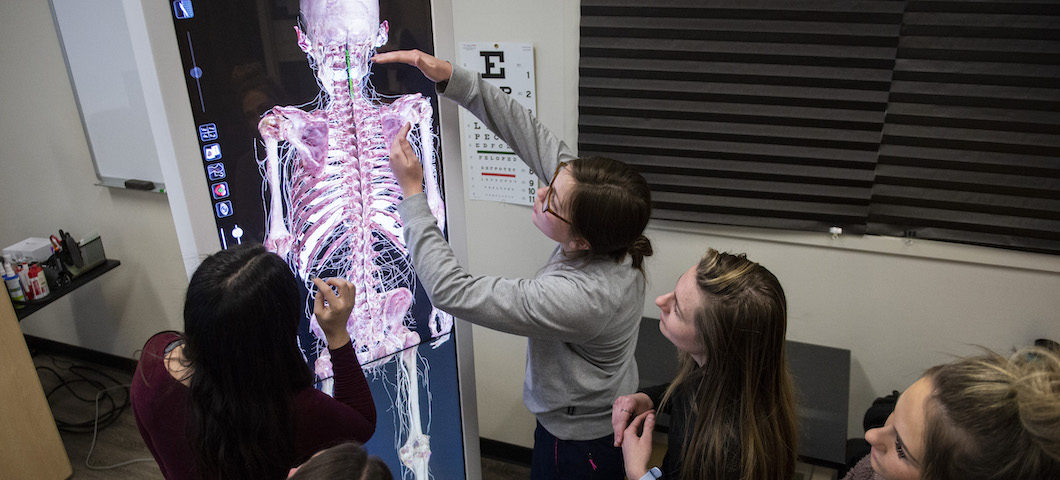Geriatric Care
AHMA 209 - Geriatric Care Course Description
This 7–week 4-credit summer semester course will focus on knowledge and skill development in geriatric care assisting patients in long-term facilities, home health, memory care, assisted living, and hospice care. Topics include geriatric-specific needs and daily care, safety protocols, communication, legal and ethics, emergency care, and end-of-life care. As well as medical terminology, human structure and function, and chronic conditions and disorders specific to geriatrics.
The methods of instruction is hybrid and includes online lectures with moderate amounts of student participation in guided discussions and case study reasoning. This course also has a sinificant in-person laboratory component and includes instructor demonstration followed by student performances of individual procedures as well as clinical scenarios.
This course can be taken as an elective course by current Allied Health students. It is also available to general community members, MSU medical students, and early college high school students.
Learning outcomes:
- Assist providers and nurses in basic geriatric patient needs and care. Includes patient room and equipment prep, patient comfort, rest, hygiene, grooming, nutrition, elimination needs, and palliative end-of-life care.
- Prepare patients for specialty examinations and treatments. Includes basic patient prep including patient history intake and vitals.
- Demonstrate proper safety protocols for infection control, patient transportation, workplace ergonomics, and basic first aid/emergency procedures.
- Demonstrate compassion for patients through communication and clinical skillset.
- Apply caregiver wellbeing practices to prepare for difficult patient scenarios and to combat career burnout.
- Identify the types of care facilities such as Long-Term, Home Health, Memory Care, Assisted Living, and Hospice.
- Recognize the terminology, anatomy, and physiology related to gerontology, including chronic conditions and disorders, mental illness, developmental disabilities, rehabilitation needs, and stages of dying.
Careers:
- Senior Caregiver
- Senior Care Provider
- Care Partner/Caregiver
- Home Care Aide
- Companion Caregiver
Registration:
Enroll online (current students) or contact nikki.michaels@montana.edu (new students)

